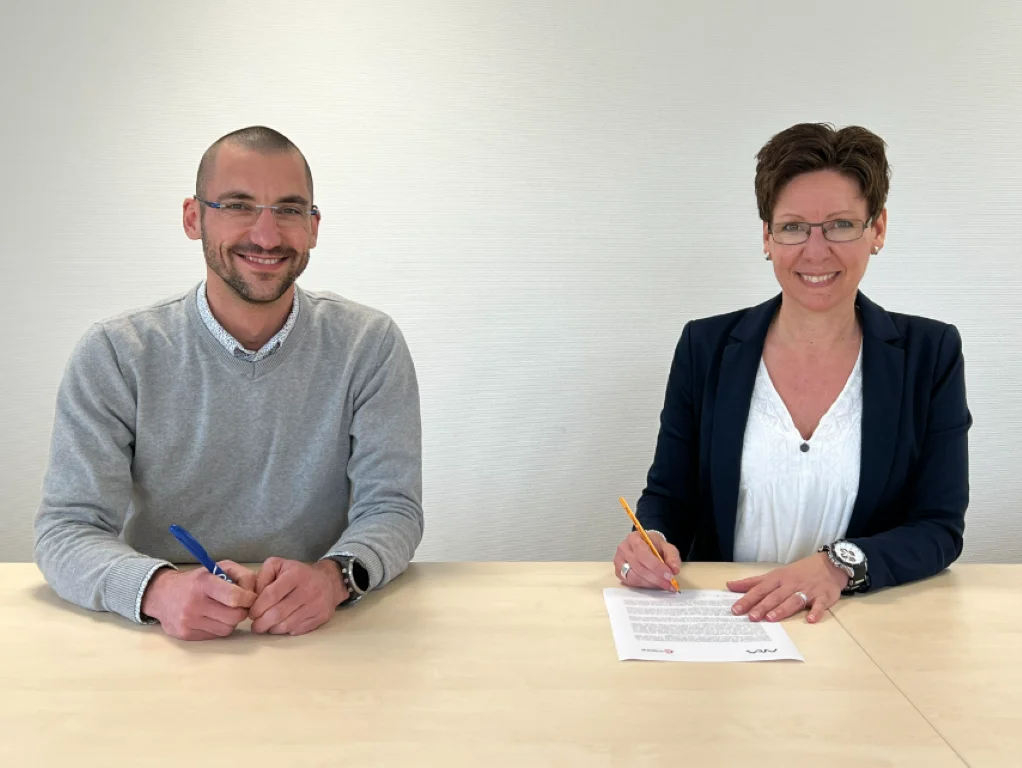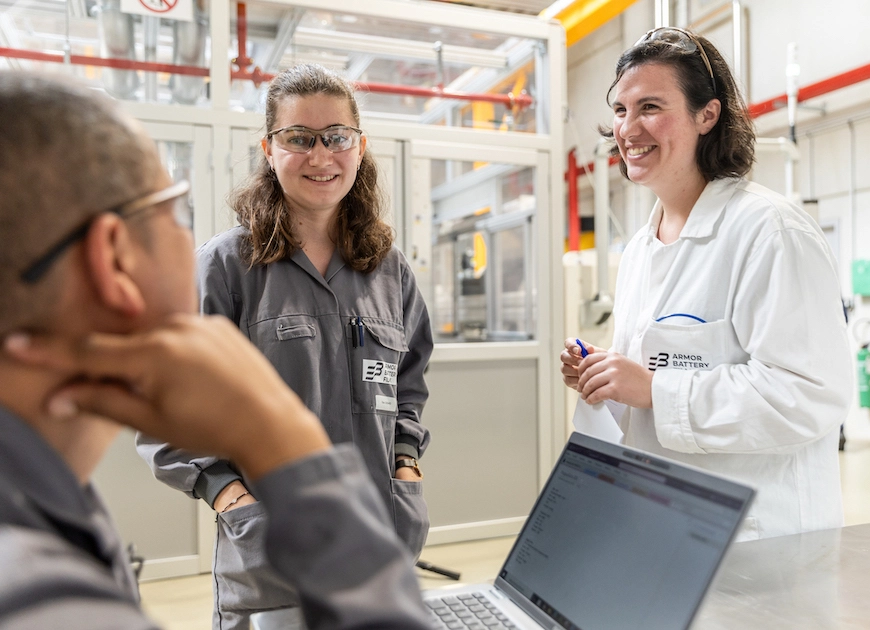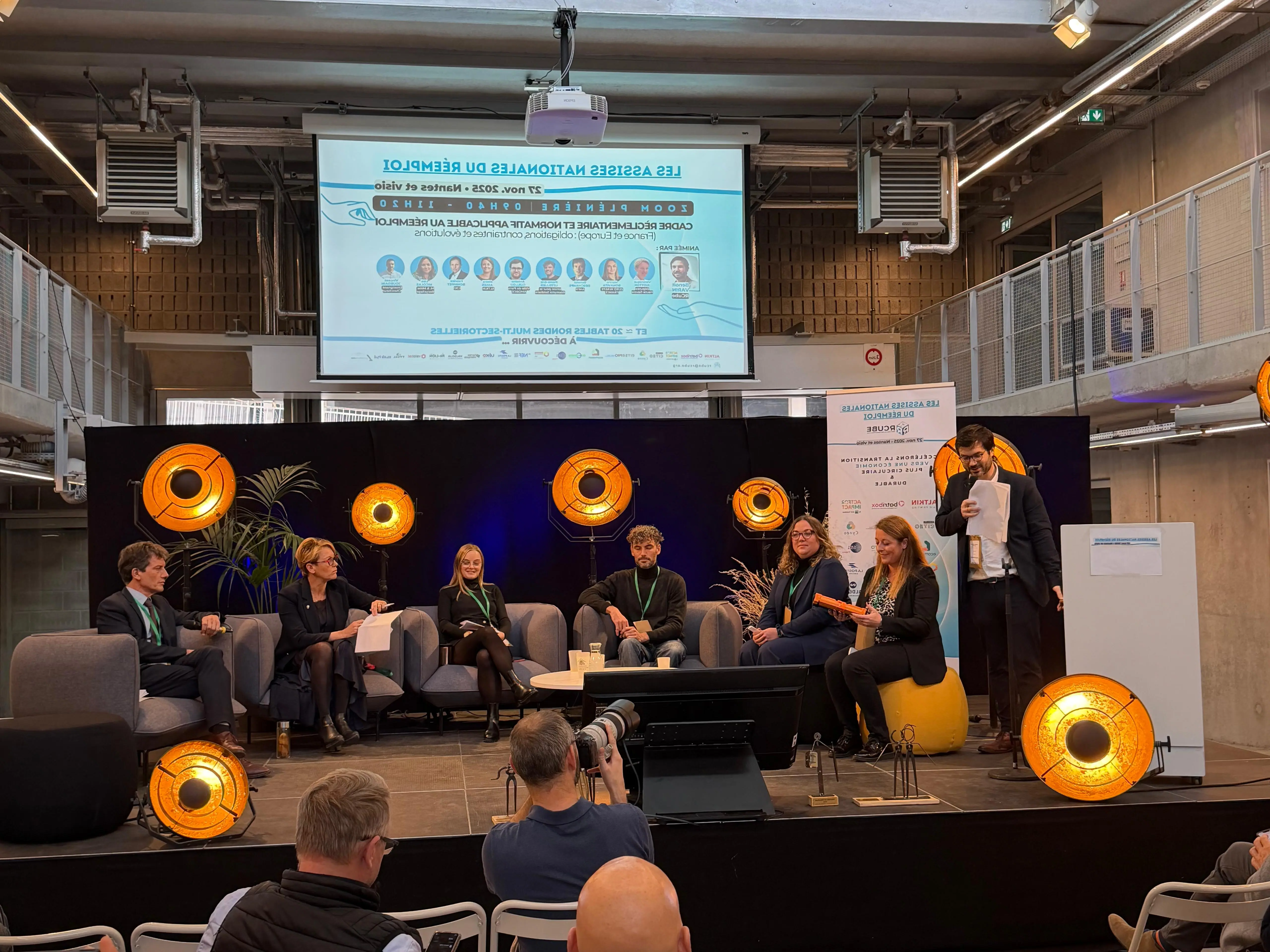ASCA – an ARMOR Group company, the organic photovoltaics (OPV) global leader, is partnering with Epishine, a key player in the development and production of printed organic solar cells currently focusing on indoor OPV, to strengthen and further develop the worldwide OPV market.
ASCA recently acquired the most relevant intellectual property (IP) portfolio on printed OPV and the companies have signed a licensing agreement to share it beginning of April. The contract will enable the Swedish-based manufacturer Epishine to further improve its organic indoor light energy harvesting solar modules.
ASCA is an innovation-driven company that took patents on printed OPV production and technology from the chemical company Merck KGaA at the end of 2021. From the beginning, Epishine, as a key player in the OPV industry, has been actively involved in the discussion of making the IP regarding printed OPV available to the market. “We are pleased to sign our first licensing agreement with Epishine. This partnership is a logical follow-up and part of our commitment to support the growth of the organic photovoltaic market”, ASCA´s Vice President for Key Accounts Nicolas Vannieuwenhuyse says.
Epishine is currently focusing on indoor light energy harvesting for sensors, beacons, displays and other small electronics, with the ambition to further develop both indoor and outdoor OPV applications. “We are manufacturing a printed organic solar cell with very good performance at low light. As one of the key actors that are taking printed organic solar cells to the global mass market, ASCA’s IP related to printed OPV is off course essential to us,” says Anna Björklou, CEO at Epishine.
ASCA´s aesthetic OPV-solutions offer an unlimited potential to support the expansion of solar energy from building and vehicle-integrated photovoltaics to energy-harvesting electronic devices for the IoT world. ASCA is the only manufacturer to provide tailor-made solutions in terms of shapes and dimensions to meet the requirements of all use cases. Through licensing agreements with other actors of the OPV industry, ASCA wants to tear down market adoption barriers and to increase the competitiveness of OPV. “As a lightweight and flexible solution, OPV enables to maximize the potential of solar energy as we can easily equip new surfaces”, says Vannieuwenhuyse.
As OPV has a low carbon footprint and no rare earths are used it is an even greener option than conventional solar modules.





